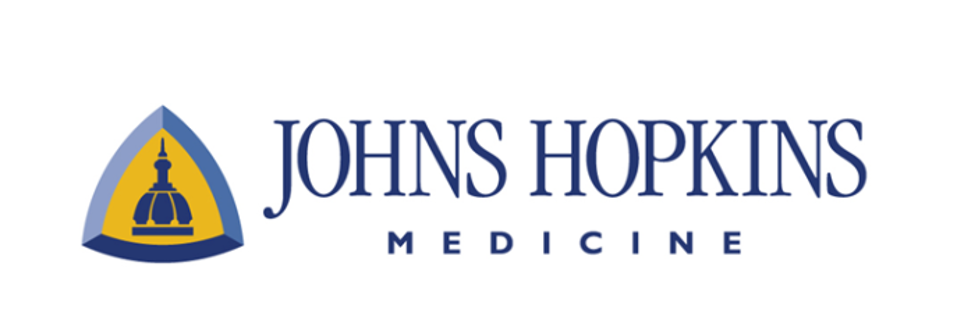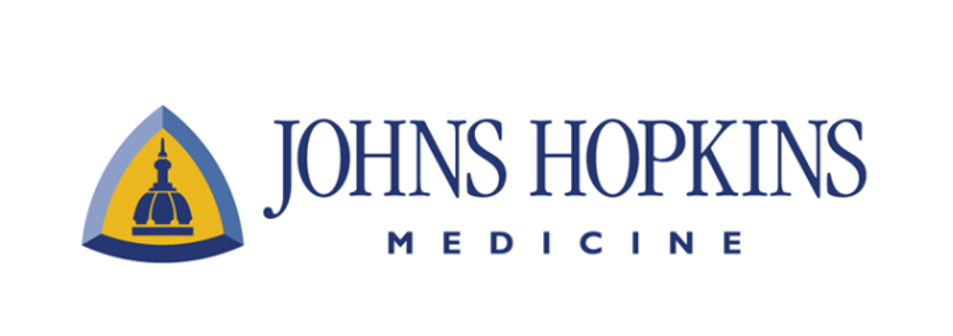Addressing the Patient with Type 2 Diabetes Mellitus (T2DM) and Risk for Atherosclerotic Cardiovascular Disease (ASCVD)
DiabetologyDiabetes and CVD
0.75 AMA PRA Category 1 Credit(s) ™
March 24, 2023
The accreditation for this activity has expired.
Primary Audience:
This activity is intended to meet the educational needs of healthcare professionals involved in the care of patients with diabetes
Relevant Terms:
Type 2 Diabetes Mellitus, Atherosclerotic Cardiovascular Disease
Rita Kalyani, MD, MHS
Editor-in-Chief, Johns Hopkins Diabetes Guide
Associate Professor of Medicine
Johns Hopkins School of Medicine
Baltimore, MD

Dr. Rita Kalyani is an Associate Professor of Medicine at Johns Hopkins School of Medicine, Core Faculty at the Johns Hopkins Center on Aging and Health, and Associate Faculty at the Welch Center for Prevention, Epidemiology, and Clinical Research. She graduated with an undergraduate degree from Harvard College and completed her medical degree, residency, and fellowship at Johns Hopkins. She also obtained a Masters in Health Science degree in Clinical Investigation from the Johns Hopkins Bloomberg School of Public Health.
Dr. Kalyani is a clinician scientist with a research program focused on understanding the factors leading to development of diabetes complications, particularly in high-risk populations. A recipient of NIH grant funding, Dr. Kalyani's clinical research investigates: i) accelerated muscle loss and functional disability as a complication of diabetes and aging, ii) the use of newer glucose-lowering therapies to reduce risk of cardiovascular disease and sex differences, and iii) the development of diabetes after pancreatitis and islet autotransplant. Other research interests include physical functioning in general endocrine and metabolic diseases.
Dr. Kalyani is an active clinician and sees patients regularly in the Johns Hopkins Comprehensive Diabetes Center. She directs the Diabetes Management Service for Johns Hopkins’ Total Pancreatectomy Islet Auto Transplant Program. She is past Chair of the American Diabetes Association's Professional Practice Committee, which is responsible for the ADA's annual position statement: "Standards of Medical Care in Diabetes".
Dr. Kalyani is the co-founder and Editor-in-Chief of the Johns Hopkins Diabetes POC-IT Guide for healthcare professionals available both as a book and electronically as a mobile application. She is also the founder and Editor-in-Chief of the Johns Hopkins Patient Website to Diabetes.
| 1. | Analyze safety and efficacy data from recent trials of SGLT2 inhibitors and GLP-1 RA. | 2. | Describe the recommendations for use of SGLT2 inhibitors and GLP-1 RAs in patients with type 2 diabetes and cardiovascular disease. |
| 3. | Identify patients with type 2 diabetes and cardiovascular disease who may benefit from treatment with SGLT2 inhibitors and GLP-1 RAs. |
| 1. | Analyze safety and efficacy data from recent trials of SGLT2 inhibitors and GLP-1 RA. |
| 2. | Describe the recommendations for use of SGLT2 inhibitors and GLP-1 RAs in patients with type 2 diabetes and cardiovascular disease. |
| 3. | Identify patients with type 2 diabetes and cardiovascular disease who may benefit from treatment with SGLT2 inhibitors and GLP-1 RAs. |
Addressing the Patient with Type 2 Diabetes Mellitus (T2DM) and Risk for Atherosclerotic Cardiovascular Disease (ASCVD)
Presented by: Johns Hopkins School University of Medicine
Release Date: March 24, 2023
Expiration Date: March 24, 2024
Estimated time to complete this activity: 45 minutes. This activity has been approved for a maximum of 0.75 AMA PRA Category 1 Credits™.
Fees and Prerequisites: There are no fees or prerequisites.
Acknowledgement of Commercial Support: Supported by independent educational grants from Merck Sharp & Dohme Corp. and Novo Nordisk, Inc.
Target Audience
This activity is intended to meet the educational needs of healthcare professionals involved in the care of patients with diabetes.
Learning Objectives
After participating in this activity, learners will demonstrate the ability to:
- Clinicians may be unfamiliar with safety and efficacy data for SGLT2 inhibitors and GLP-1 RAs in patients with type 2 diabetes and cardiovascular disease, including heart failure, and have reported suboptimal confidence if managing these patients.
- Clinicians have reported suboptimal confidence in applying guideline recommendations for the treatment of patients with type 2 diabetes and cardiovascular disease, particularly as they relate to SGLT2 inhibitors and GLP-1 RAs use.

Presented by the Johns Hopkins University School of Medicine
Accreditation Statement
The Johns Hopkins University School of Medicine is accredited by the Accreditation Council for Continuing Medical Education (ACCME) to provide continuing medical education for physicians.

Credit Designation Statement
The Johns Hopkins University School of Medicine designates this enduring material for a maximum of 0.75 AMA PRA Category 1 Credits™. Physicians should claim only the credit commensurate with the extent of their participation in the activity.

Other Credits
American Nurses Credentialing Center (ANCC) accepts AMA PRA Category 1 CreditTM from organizations accredited by the ACCME.
American Association of Nurse Practitioners National Certification Program accepts AMA PRA Category 1 Credit™ from organizations accredited by the ACCME.
American Academy of PAs (AAPA) accepts certificates of participation for educational activities certified for AMA PRA Category 1 Credit™ from organizations accredited by the ACCME. PAs may receive a maximum of 0.75 AAPA Category 1 Credit for completing this program.
Statement of Need
Atherosclerotic cardiovascular disease is the leading cause of morbidity and mortality in those with type 2 diabetes mellitus (T2DM). Heart failure (HF) is an additional significant cause of morbidity and mortality from cardiovascular disease in patients with T2DM. Up to 50% of patients with T2DM develop HF and rates of hospitalization for HF in patients with T2DM are double those for patients without T2DM. The American Diabetes Association (ADA) guidelines for diabetes management are updated annually and include components of care, treatment goals, and tools to support and evaluate diabetes care. The newly updated version continues to recommend sodium-glucose cotransporter 2 (SGLT2) inhibitors and glucagon-like peptide 1 receptor agonists (GLP-1 RAs) for cardiovascular risk reduction in patients with T2DM and ASCVD or risk factors for ASCVD. However, an important update to the 2023 ADA guidelines is the addition of a recommendation for SGLT2 inhibitors and GLP-1 RAs to be used in combination for additive protective effects against cardiovascular and kidney disease. This program will fully engage learners with a focus on peer-to-peer benchmarking presented after every rating and question and colleague-to-colleague dialogue to help promote a positive impact on both learning and behavior.
Johns Hopkins Faculty:
Rita Kalyani, MD, MHS
Editor-in-Chief, Johns Hopkins Diabetes Guide
Associate Professor of Medicine
Johns Hopkins School of Medicine
Baltimore, MD
Policy on Speaker and Provider Disclosure
It is the policy of the Johns Hopkins University School of Medicine that the speaker and provider globally disclose conflicts of interest. The Johns Hopkins University School of Medicine OCME has established policies in place that will identify and resolve conflicts of interest prior to this educational activity. Detailed disclosure will be made prior to presentation of the education.
Johns Hopkins Statement of Responsibility
The Johns Hopkins School of Medicine takes responsibility for the content, quality, and scientific integrity of this CME activity.
Internet CME Policy
The Office of Continuing Medical Education (OCME) at the Johns Hopkins School of Medicine is committed to protecting the privacy of its members and customers. Johns Hopkins School of Medicine OCME maintains its Internet site as an information resource and service for physicians, other health professionals and the public. OCME at the Johns Hopkins School of Medicine will keep your personal and credit information confidential when you participate in a CME Internet based program. Your information will never be given to anyone outside of the Johns Hopkins School of Medicine CME program. CME collects only the information necessary to provide you with the services that you request.
Copyright
All rights reserved - The Johns Hopkins School of Medicine. No part of this program may be used or reproduced in any manner whatsoever without written permission except in the case of brief quotations embodied in articles or reviews.
Format and Method of Participation
Review this internet-based CME activity. To take the post-test, please click on the post-test button below the video window of the player which will take you to the Johns Hopkins School of Medicine’s website. If you already have registered for other programs at this website, simply enter the requested information when prompted. Otherwise, complete the registration form to begin the testing process. The information you enter here will be used to generate your CME certificate. Please complete all fields to ensure accurate registration. Complete the post-test and evaluation and attest to the amount of time spent in the activity. Upon receiving a score of 70% or above, print your CME certificate.
Full Disclosure Policy Affecting CME Activities
As a provider approved by the Accreditation Council for Continuing Medical Education (ACCME), Johns Hopkins School of Medicine Office of Continuing Medical Education (OCME) requires attested and signed global disclosure of the existence of all financial interests or relationships with ineligible companies from any individual in a position to control the content of a CME activity sponsored by OCME. The following relationships have been reported for this activity:
Faculty
Rita Kalyani, MD, MHS – No relevant financial relationships to disclose.
Note: Grants to investigators at The Johns Hopkins University are negotiated and administered by the institution which receives the grants, typically through the Office of Research Administration. Individual investigators who participate in the sponsored project(s) are not directly compensated by the sponsor, but may receive salary or other support from the institution to support their effort on the project(s).
Off-Label Discussion
There are no references to off-label/unapproved uses of products in this program.
Disclaimer
The opinions and recommendations expressed by faculty and other experts, whose input is included in this program are their own. This enduring material is produced for educational purposes only. Use of the Johns Hopkins School of Medicine name implies review of educational format design and approach. Please review the complete prescribing information of specific drugs or combinations of drugs, including indications, contraindications, warnings and adverse effects before administering pharmacologic therapy to patients.
Privacy Statement/Internet Policy
The Office of Continuing Medical Education (CME) at the Johns Hopkins University School of Medicine is committed to protecting the privacy of its members and customers. The Johns Hopkins School of Medicine CME maintains its Internet site as an information resource and service for physicians, other health professionals and the public. Continuing Medical Education at the Johns Hopkins School of Medicine will keep your personal and credit information confidential when you participate in a CME Internet-based program. Your information will never be given to anyone outside of the Johns Hopkins School of Medicine's CME program. Continuing Medical Education collects only the information necessary to provide you with the services that you request.
AMERICANS WITH DISABILITIES ACT
The Johns Hopkins School of Medicine fully complies with the legal requirements of the ADA and the rules and regulations thereof. Please notify us if you have any special needs.
Course Format – Method of Participation
This enduring material is expected to take approximately 1.5 hours to complete. Once the activity is completed, you must pass the post-test and complete the evaluation with attestation to receive CME credit.
POST-TEST
A post-test will be conducted at the conclusion of the activity. A grade of at least 70% within three attempts is needed to receive CME credit.
Confidentiality Disclaimer for CME Activity Participant
I certify that I am participating in this Johns Hopkins School of Medicine activity for CME-accredited training and/or educational purposes.
I understand that while I am participating in this capacity, I may be exposed to "protected health information," as that term is defined and used in Hopkins policies and in the federal HIPAA privacy regulations (the “Privacy Regulations”). Protected health information is information about a person's health or treatment that identifies the person.
I pledge and agree to use and disclose any of this protected health information only for the training and/or educational purposes of my visit and to keep the information confidential. I agree not to post or discuss this protected health information, including pictures and/or videos, on any social media site (eg, Facebook, Twitter, etc.), in any electronic messaging program or through any portable electronic device.
I understand that I may direct to the Johns Hopkins Privacy Officer any questions I have about my obligations under this Confidentiality Pledge or under any of the Hopkins policies and procedures and applicable laws and regulations related to confidentiality. The contact information is: Johns Hopkins Privacy Officer, telephone: 410-614-9900
e-mail: HIPAA@jhmi.edu.
“The Office of Continuing Medical Education at the Johns Hopkins School of Medicine, as sponsor of this activity, has relayed information with the CME attendees/participants and certify that the visitor is here for training, education and/or observation purposes only.”
For CME questions, please contact the CME Office 410-955-2959 or email cmenet@jhmi.edu.
For CME Certificates, please call (410) 502-9636.
Johns Hopkins School of Medicine
Office of Continuing Medical Education
720 Rutland Avenue/ Turner 20
Baltimore, Maryland 21205-2195
Reviewed & Approved by: General Counsel, Johns Hopkins Medicine (4/1/03)
(Updated 4/09 and 3/14)
COURSE VIEWING REQUIREMENTS
| Supported Browsers: Microsoft Edge Google Chrome 60 or higher Mozilla Firefox 60 or higher Apple Safari 11.0 or higher For video, install the latest version of Quicktime. | Supported Phones & Tablets: iOS 9.3 and higher Android 7.0 (Nougat or higher) Microsoft Windows 8 Chrome OS |
| Additional Recommendations and Requirements | |
| Display Resolution & Color Depth | Resolution - 960 X 768 minimum - 1024 X 768 recommended min. Color Depth - 8 bits (256 colors) minimum - 16 bits (High colors) minimum |
| Audio | - Microphone - Speakers or headphones - Audio recording support |
| Word Processing | Software that can open, modify, and save documents in Rich Text Format (RTF). Microsoft Word and PowerPoint are recommended. |

